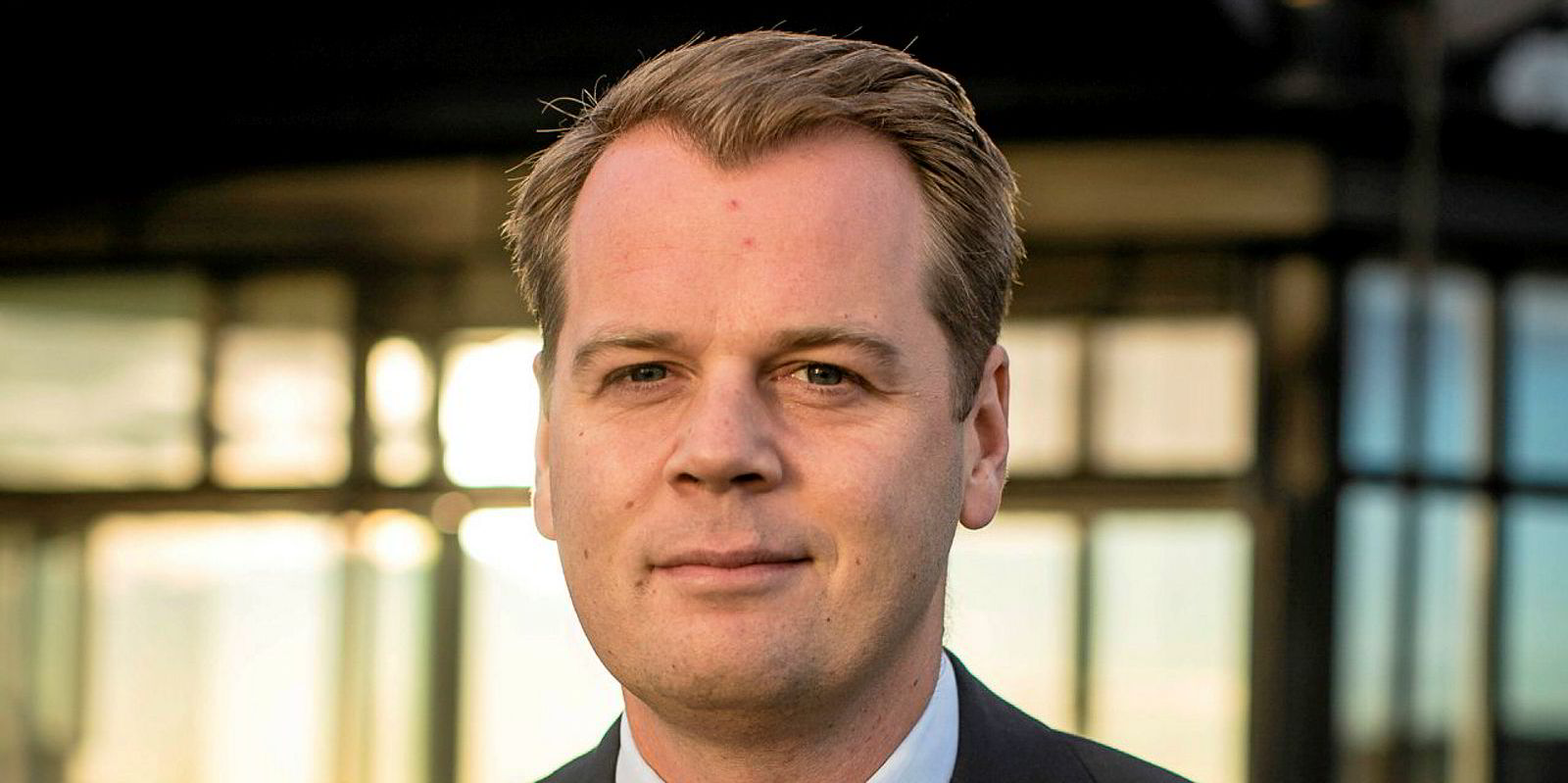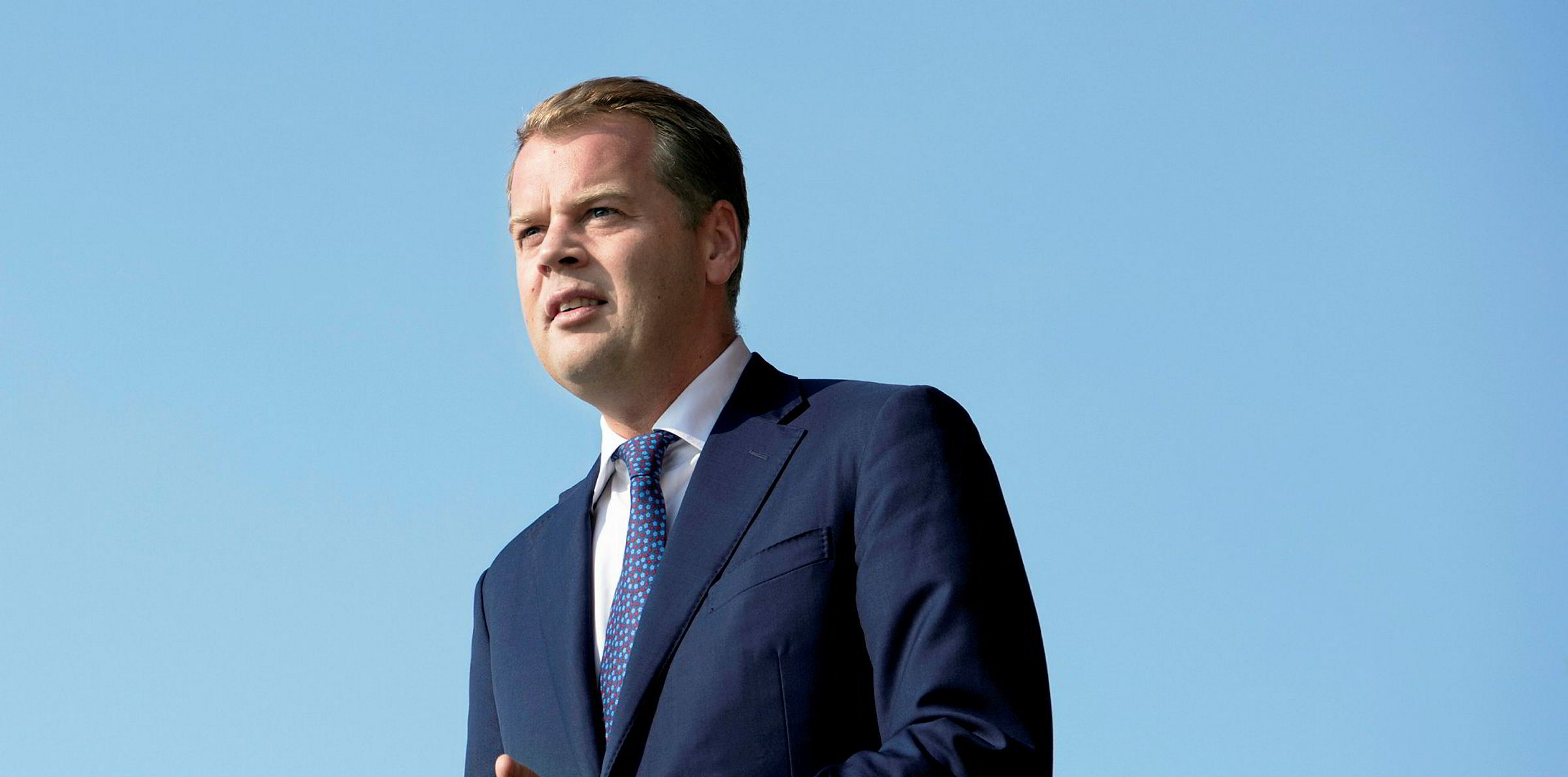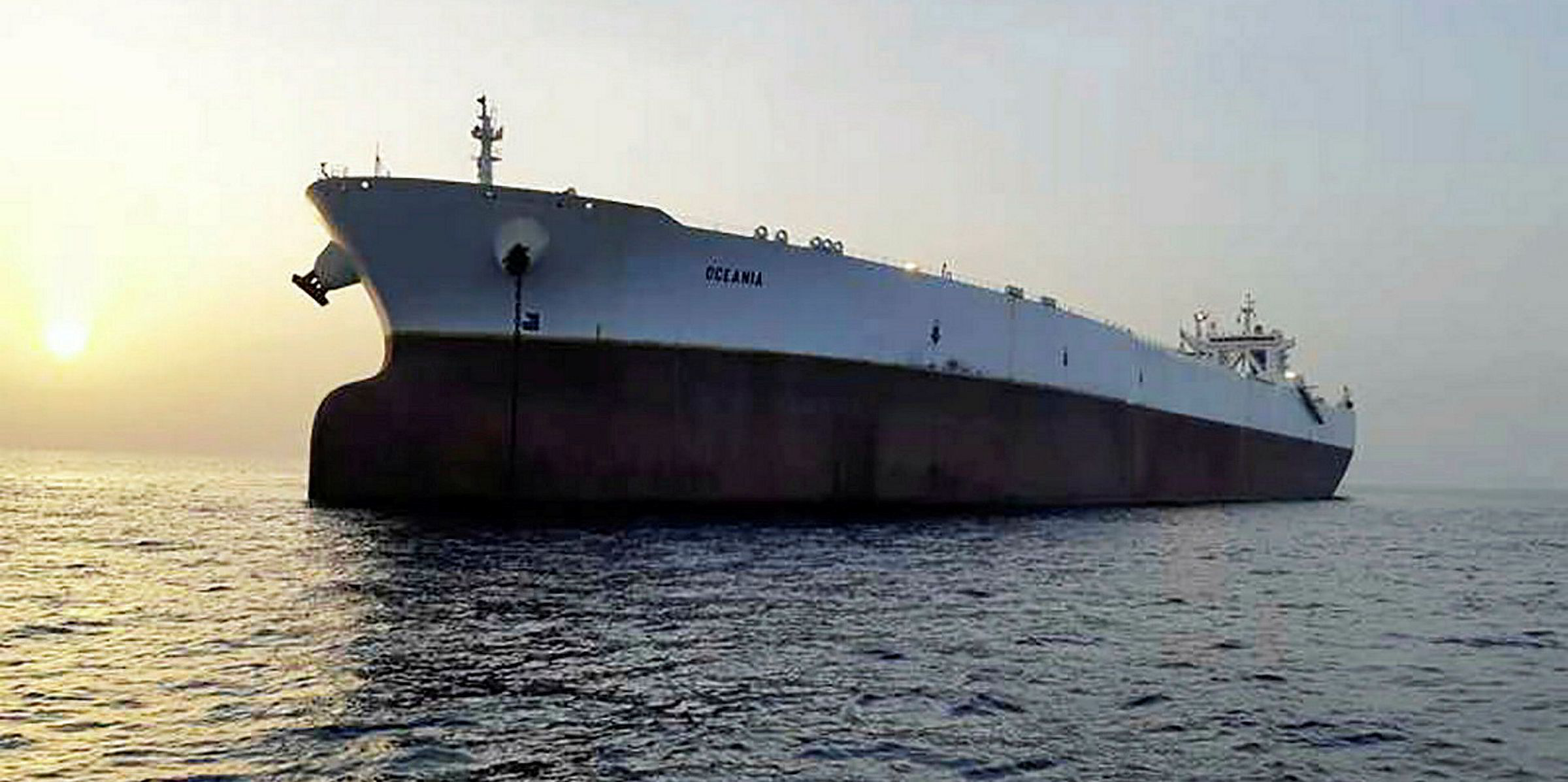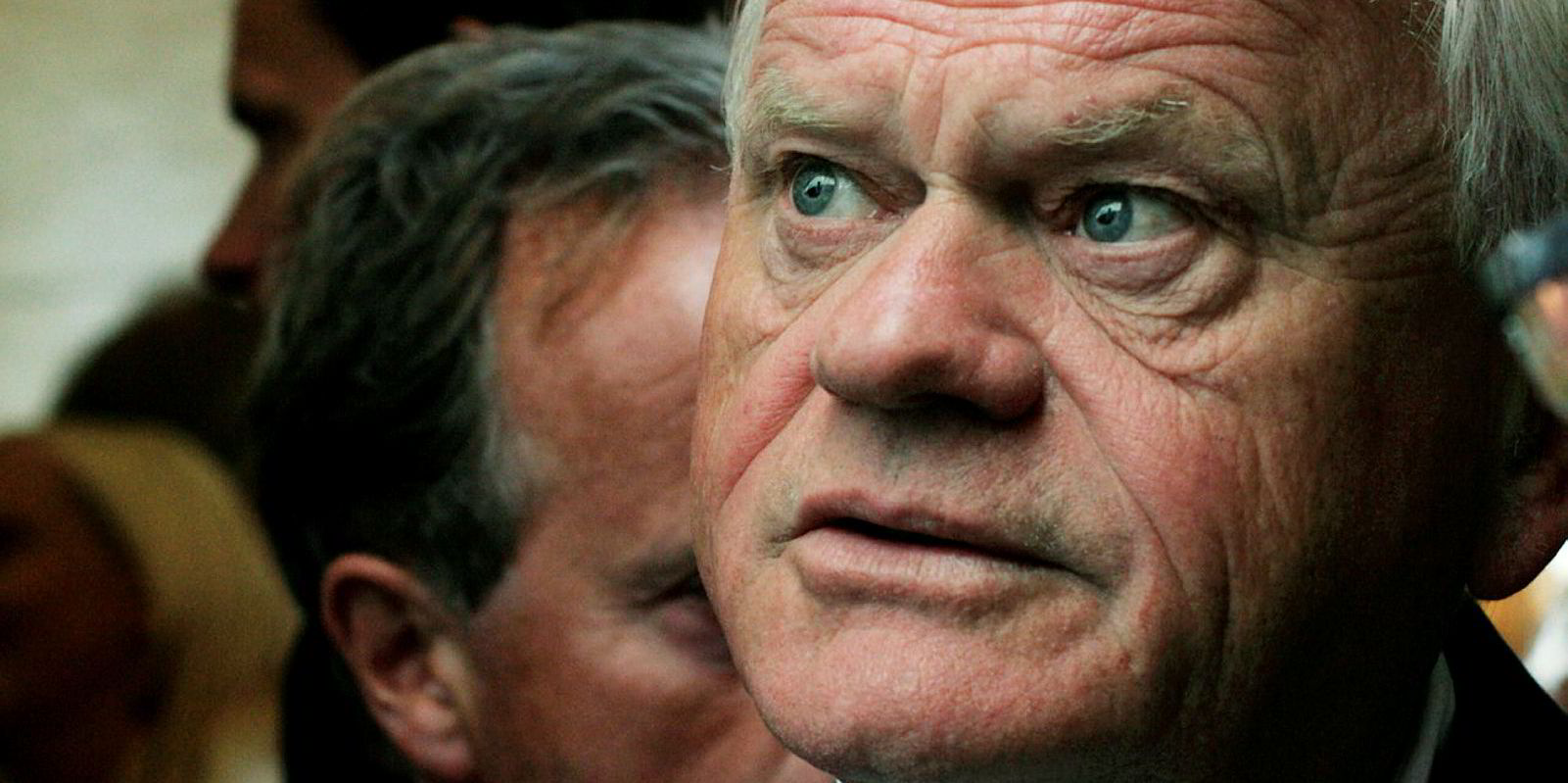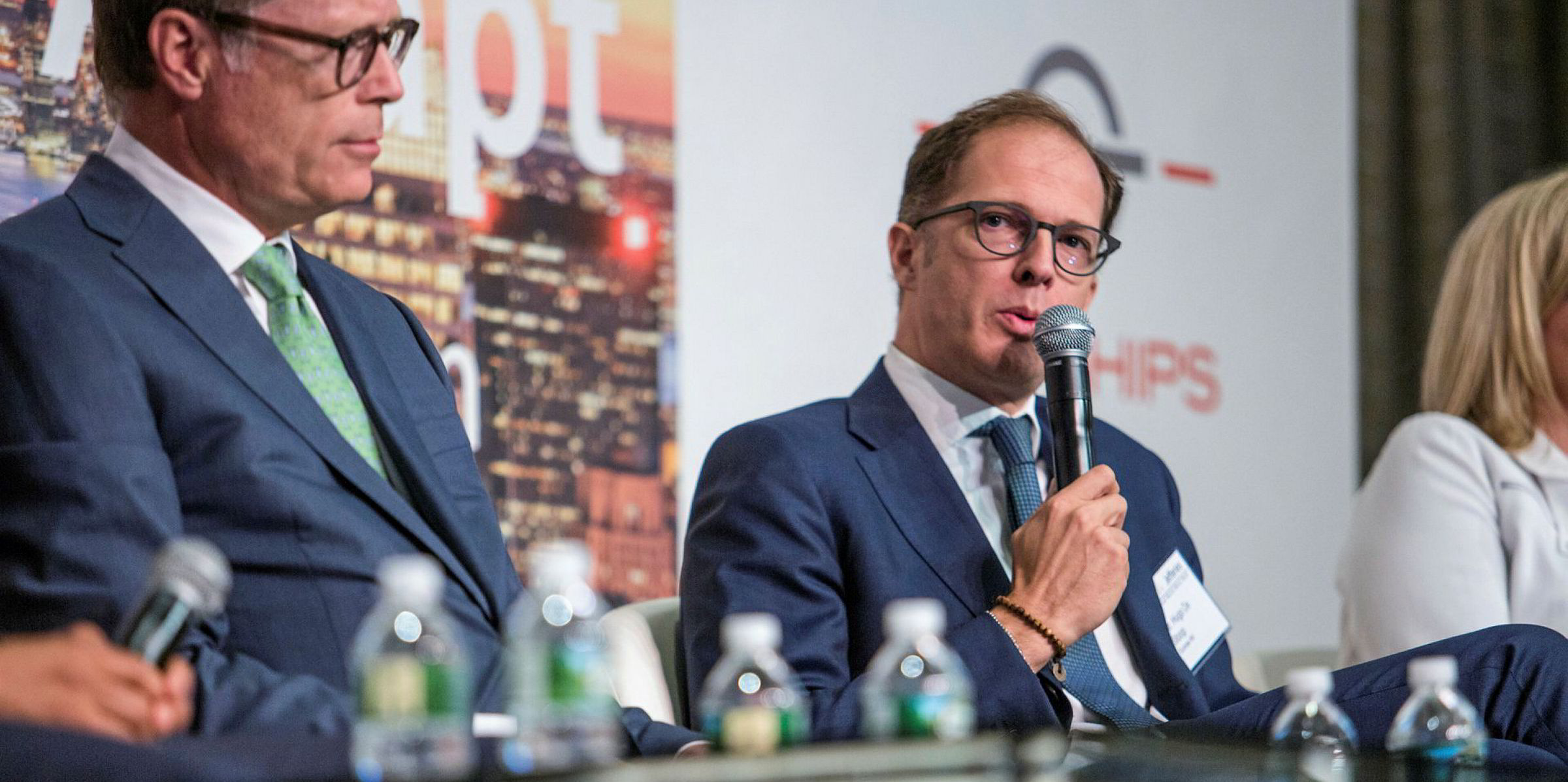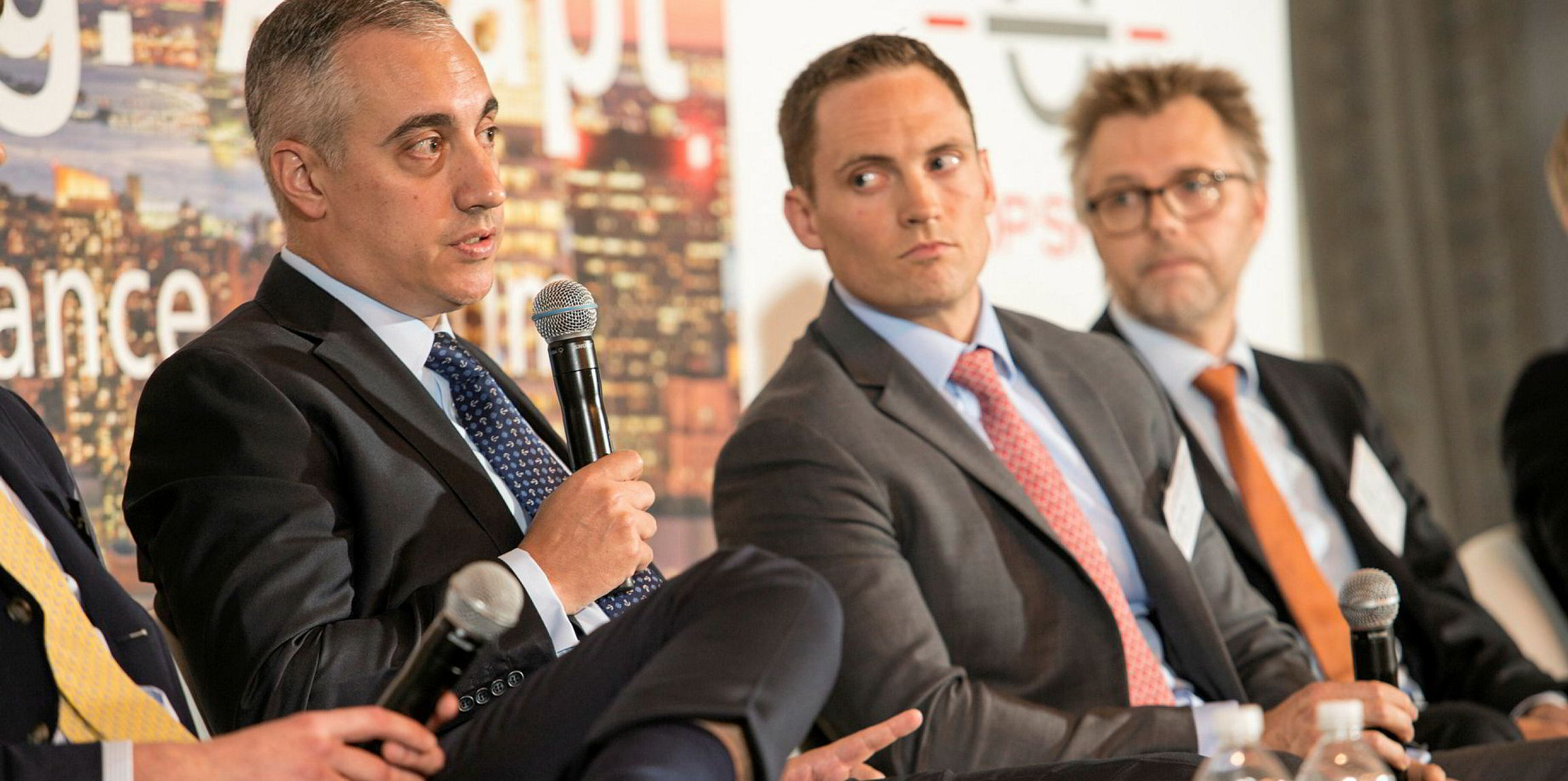Frontline has been seeking more tanker assets in a “very, very strange market”, where few deals have materialised despite healthy earnings prospects, according to its top executive.
Holding a positive market view and backed by tycoon John Fredriksen's war chest, the Oslo and New York-listed tanker giant has been in expansion mode for some quarters.
“There have been ships [offered] for sales and we have been looking at a few,” Frontline Management chief executive Robert Hvide Macleod said in a conference call on Wednesday.
“But it has been a very, very strange market with very few transactions happening.”
There were reports of at least a dozen VLCCs changing hands in April, but the actual number of transactions could be lower due to the sharp correction of freight rates recently.
Clarksons Research recorded six secondhand VLCC deals last month, albeit at ever-rising prices.
Macleod’s remarks came after Frontline posted net profits of $165m between January and March, its best first quarter since 2008.
No yard order
The veteran said tanker charter markets experienced “the busiest period” he had ever seen before cooling off recently, mainly due to floating storage demand.
The rate for a one-year charter was so high that a secondhand VLCC buyer could theoretically “write down a purchase by more than $20m”, he said.
There has been talk that South Korean yards have cut their VLCC newbuilding prices by $2m this year, to $90m, because of the lack of orders.
Macleod confirmed he had observed a drop in newbuilding prices, but stressed Frontline’s focus is on resale candidates for delivery “further out to 2022”.
“Ordering a newbuilding is not on our radar."
He expects newbuilding demand to stay limited due to tight financing in general. A few “strong hands” that have good access to capital, such as Frontline itself, have preferred to stay on the sidelines, he added.
Peaking floating storage
Having fluctuated between $150,000 and $250,000 per day for nearly a month, spot VLCC earnings have been falling since late April.
According to the Baltic Exchange, earnings on the benchmark Middle East Gulf-China route were assessed at $47,030 per day on Wednesday, the lowest since 9 March.
Given that oil demand is influenced by the ever-evolving coronavirus pandemic, Macleod admitted the market outlook is “very hard to predict”.
“Volatility will continue going forward, very much like [what has happened] in the year so far,” he said.
With early signs of gasoline demand recovery in China and India, he believes the amount of oil stored at sea might have peaked at about 200m barrels.
“Demand destruction was not as deep as analysts were projecting ... demand is coming back quickly,” he said.
For the vessels currently used as floating storage, Macleod expects some aframaxes will be released back into trading before VLCCs.
“[For] aframaxes, we had seen about 35m barrels [stored on them] in Europe. Some of them have been unwound,” he said.
“VLCCs are likely to be locked up for a longer structure ... Some VLCCs [are] likely to be storing through the second and third quarters.”
But, he pointed out, the destocking process — which tend to depress freight rates — would be quicker than expected due to smaller-than-anticipated stock builds.
“There is a flip side to the recent drop ... Our return to the sort of normal freight market will be shorter,” he said.
Switching between dirty and clean trades
Frontline, which owns 18 LR2 tankers, has also been paying attention to the spread between their earnings in the clean and dirty trades.
Spot earnings for this size of vessel in shipping clean petroleum products (CPP) have begun to surpass those in shipping crude and fuel oil since April, a reversal from the previous six months.
This has prompted a significant number of LR2 vessels to switch into clean trade, but the process is not straightforward, for operational reasons.
According to industry experts, cleaning tanks for CPP trade has been more complicated than normal due to the Covid-19 crisis, while vessels can often only carry condensate and diesel during the first three voyages after their switches.
“[If] we have the opportunity to clean up in a cheap way ... by doing condensate cargoes going forward, we are going to take it,” Macleod said.
Of Frontline’s LR2 fleet, 11 ships have been in clean trade and seven in dirty for some time.
“I don’t think there is going to be much change [in the ratio] ... [But] It all comes down to how the market develops,” he said.
“The development in the market so far this year — it has truly been a roller coaster. We don’t have any problem to take quick decisions on our charter strategy.”
